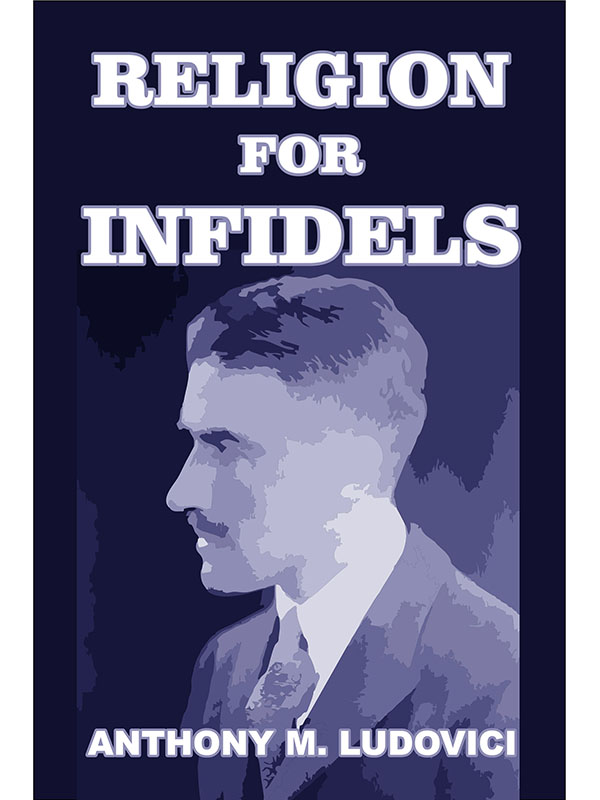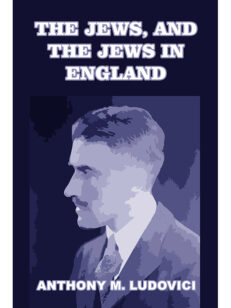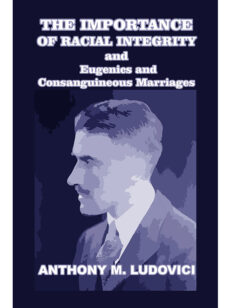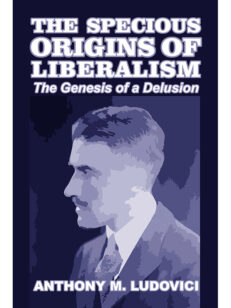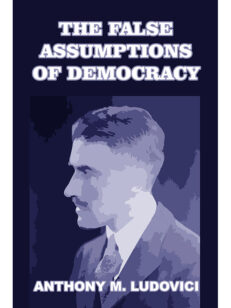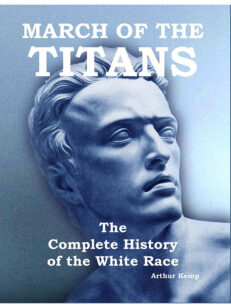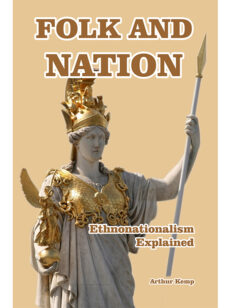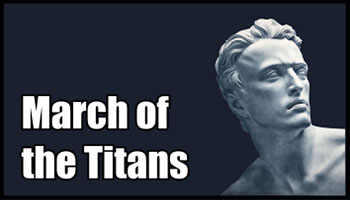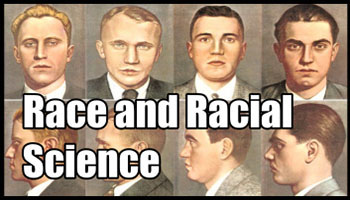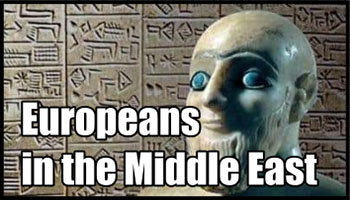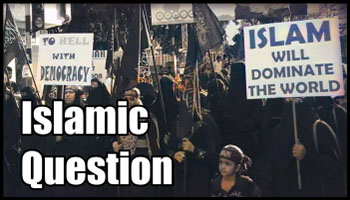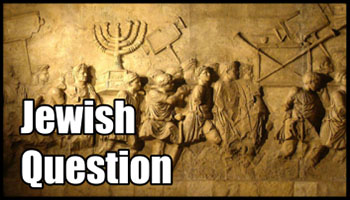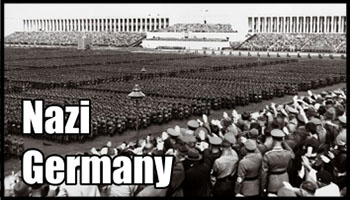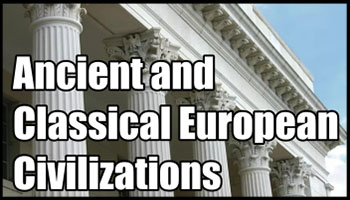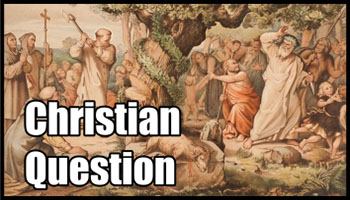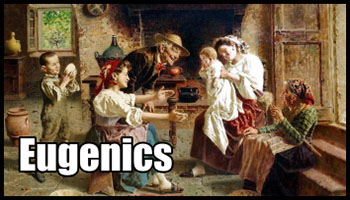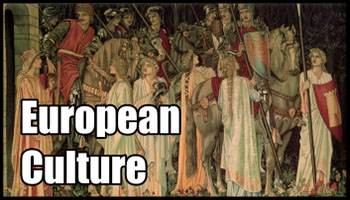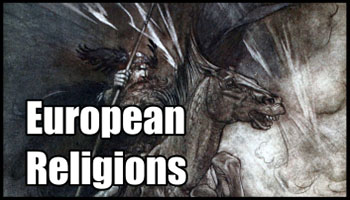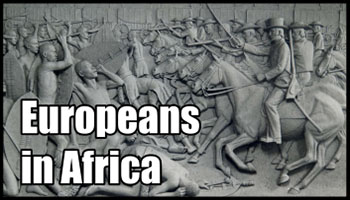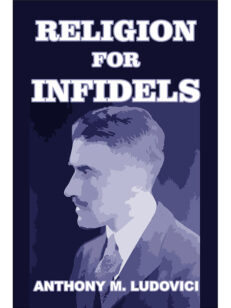Description
By A. M Ludovici. A tour de force from Anthony Ludovici which addresses one of his favorite subjects: the issue of what he sees as the negative role of Christianity in the development of Western philosophy and morals, and how the opposite position—outright atheism—is equally unacceptable. Instead, as he details in this work, a mean must be sought which encompasses reality, a lack of superstition, and a spiritual worldview which encourages personal health and well-being, and serves the betterment of all humanity.
The first part of this book is devoted to a detailed analysis of why, as the author titled many of the chapters, Christianity is “not the thoughtful man’s religion” and actually harmful to European racial interests. As he says in the introduction:
“When examining the answers Christianity gives to the questions man incessantly asks about himself, life and the Universe, it is essential to remember that these answers were made for a remote generation of men whose knowledge, credulity, capacity for criticism and tendency to superstition, bear little resemblance to those of modern civilized people.
“A generation that no longer believes in devils, demons and the demoniacal etiology of disease; cannot see any sense in vicarious punishment, and is therefore unable to take on trust the story of an Omnipotent Deity who could feel appeased and propitiated for the sins committed by beings he has himself created, by the death in agony of his own beloved and only-begotten son — to such a generation, hardly one aspect of the Christian mythology and the supernatural events it includes appears to have even tolerable plausibility, let alone cogency.”
He then moves on in the second section to spell out the desirable virtues of what he sees as a realistic religious approach: a true religion for infidels:
“In view of the harmony of many of its features and of its methods of contacting and of turning to its own account the formative and improvisatory powers of the life forces, it might perhaps be properly termed a ‘natural’ religion; except that, in its observance by humanity, there is a provision in the moral code consistent with its cosmology, that amounts to an unnatural factor, or a factor not found operative in Nature (except possibly precariously, as we have seen, in the influence, of the will to power). The wise and thoughtful infidel will hold the sensible view, now established by scientific psychology, that children are more asocial, more evil, than their seniors, that only when they have beenpurged of their asocial impulses and appetites can they be regarded as “good” or fit for their place in the community, and, therefore, that man cannot be regarded as born good.. . . the whole of the duties of man in society [is] to promote and defend all those influences and points of view which favour superior and flourishing, and to resist and condemn all those influences and points of view which favour decadent and degenerate, human life. Everything eke denotes a misunderstanding of the proper function of compassion and is a crime against both justice, sanity, good taste and — posterity. “
Contents
Anthony M. Ludovici: A Short Biography
Preface
Key to Bibliography
Introduction
Part I: Preliminary and Mainly Negative
Chapter I: The Source of Religious Belief
Chapter II: The Meaning of Religion
Chapter III: Christianity Not the Thoughtful Man’s Religion — I
Chapter IV: Christianity Not the Thoughtful Man’s Religion — II
Chapter V: Christianity Not the Thoughtful Man’s Religion — III
Chapter VI: Christianity Not the Thoughtful Man’s Religion — IV
Chapter VII: Christianity Not the Thoughtful Man’s Religion — V
Chapter VIII: Christianity Not the Thoughtful Man’s Religion — VI
Chapter IX: Conclusions Reached in Part I
Part II: Sequel and Conclusion: Mainly Positive
Chapter I: The Power Behind Phenomena
Chapter II: The Attributes of the Life Forces — I
Chapter III: The Attributes of the Life Forces — II
Chapter IV: The Attributes of the Life Forces — III
Chapter V: The Attributes of the Life Forces — IV
Chapter VI: The Attributes of the Life Forces — IV (continued)
Chapter VII: The Attributes of the Life Forces — V
Chapter VIII: The Life Forces and Religion — I
Chapter IX: The Life Forces and Religion — II
Chapter X: The Life Forces and Religion — III
Appendix
About the author: Anthony Mario Ludovici (1882–1971) was born in London, England. Educated privately, his high intelligence allowed him to become fluent in several languages, and he was a leading philosopher, sociologist, and author. His topics included art, metaphysics, politics, economics, religion, the differences between the sexes, race, and eugenics. In addition, Ludovici was a talented artist, and gained employment as a painter and book illustrator. Eventually he wrote full-time, producing over 40 books and translating 60 others.
265 pages. Paperback.

